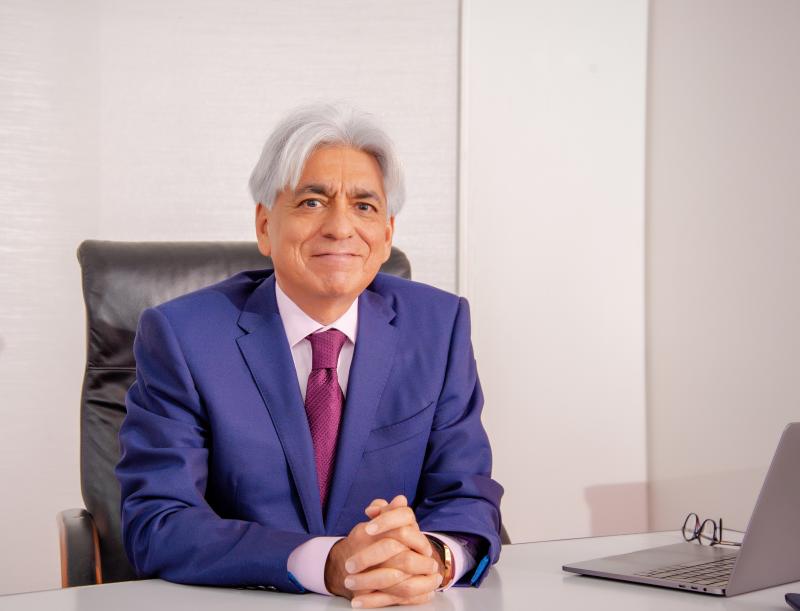×
The Standard e-Paper
Join Thousands Daily

When a chance came for Bharat Thakrar to go to university, he passed it up. He was focused on his dream of building a marketing empire. He was busy learning everything he could from the jobs he took. And finally, in December 1982, he was ready to open the doors to his new firm; Scanad, a marketing and communication firm. His passion did pay off.